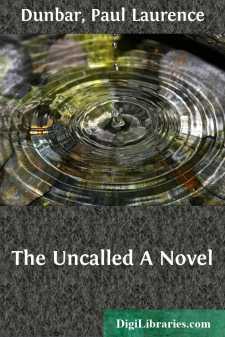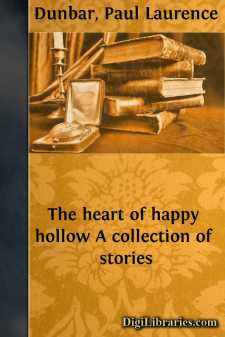Categories
- Antiques & Collectibles 13
- Architecture 36
- Art 48
- Bibles 22
- Biography & Autobiography 813
- Body, Mind & Spirit 142
- Business & Economics 28
- Children's Books 16
- Children's Fiction 13
- Computers 4
- Cooking 94
- Crafts & Hobbies 4
- Drama 346
- Education 46
- Family & Relationships 57
- Fiction 11829
- Games 19
- Gardening 17
- Health & Fitness 34
- History 1377
- House & Home 1
- Humor 147
- Juvenile Fiction 1873
- Juvenile Nonfiction 202
- Language Arts & Disciplines 88
- Law 16
- Literary Collections 686
- Literary Criticism 179
- Mathematics 13
- Medical 41
- Music 40
- Nature 179
- Non-Classifiable 1768
- Performing Arts 7
- Periodicals 1453
- Philosophy 64
- Photography 2
- Poetry 896
- Political Science 203
- Psychology 42
- Reference 154
- Religion 513
- Science 126
- Self-Help 84
- Social Science 81
- Sports & Recreation 34
- Study Aids 3
- Technology & Engineering 59
- Transportation 23
- Travel 463
- True Crime 29
The Uncalled A Novel
Description:
Excerpt
CHAPTER I
It was about six o'clock of a winter's morning. In the eastern sky faint streaks of grey had come and were succeeded by flashes of red, crimson-cloaked heralds of the coming day. It had snowed the day before, but a warm wind had sprung up during the night, and the snow had partially melted, leaving the earth showing through in ugly patches of yellow clay and sooty mud. Half despoiled of their white mantle, though with enough of it left to stand out in bold contrast to the bare places, the houses loomed up, black, dripping, and hideous. Every once in a while the wind caught the water as it trickled from the eaves, and sent it flying abroad in a chill unsparkling spray. The morning came in, cold, damp, and dismal.
At the end of a short, dirty street in the meanest part of the small Ohio town of Dexter stood a house more sagging and dilapidated in appearance than its disreputable fellows. From the foundation the walls converged to the roof, which seemed to hold its place less by virtue of nails and rafters than by faith. The whole aspect of the dwelling, if dwelling it could be called, was as if, conscious of its own meanness, it was shrinking away from its neighbours and into itself. A sickly light gleamed from one of the windows. As the dawn came into the sky, a woman came to the door and looked out. She was a slim woman, and her straggling, dusty-coloured hair hung about an unpleasant sallow face. She shaded her eyes with her hand, as if the faint light could hurt those cold, steel-grey orbs. "It 's mornin'," she said to those within. "I 'll have to be goin' along to git my man's breakfast: he goes to work at six o'clock, and I 'ain't got a thing cooked in the house fur him. Some o' the rest o' you 'll have to stay an' lay her out." She went back in and closed the door behind her.
"La, Mis' Warren, you ain't a-goin' a'ready? Why, there 's everything to be done here yit: Margar't 's to be laid out, an' this house has to be put into some kind of order before the undertaker comes."
"I should like to know what else I 'm a-goin' to do, Mis' Austin. Charity begins at home. My man 's got to go to work, an' he 's got to have his breakfast: there 's cares fur the livin' as well as fur the dead, I say, an' I don't believe in tryin' to be so good to them that 's gone that you furgit them that 's with you."
Mrs. Austin pinched up her shrivelled face a bit more as she replied, "Well, somebody ought to stay. I know I can't, fur I 've got a ter'ble big washin' waitin' fur me at home, an' it 's been two nights sence I 've had any sleep to speak of, watchin' here. I 'm purty near broke down."
"That 's jest what I 've been a-sayin'," repeated Mrs. Warren. "There 's cares fur the livin' as well as fur the dead; you 'd ought to take care o' yoreself: first thing you know you 'll be flat o' yore own back."
A few other women joined their voices in the general protest against staying. It was for all the world as if they had been anxious to see the poor woman out of the world, and, now that they knew her to be gone, had no further concern for her....






